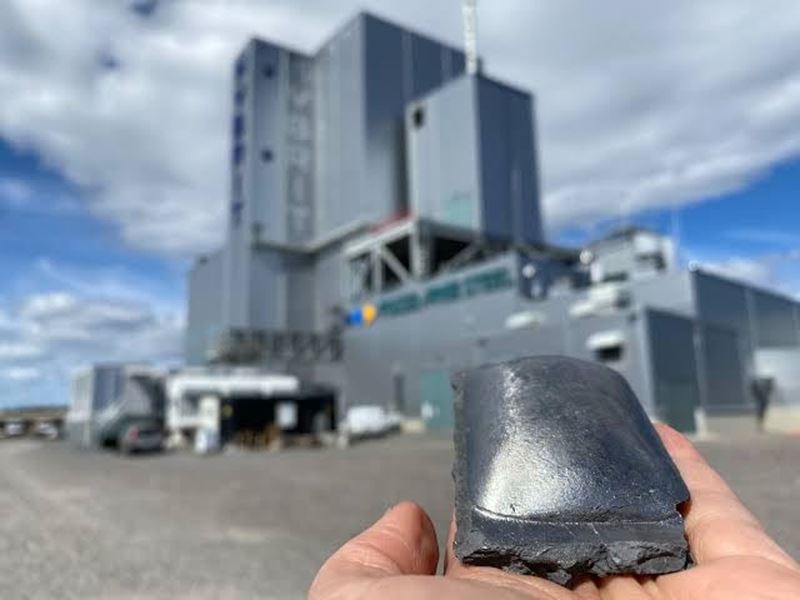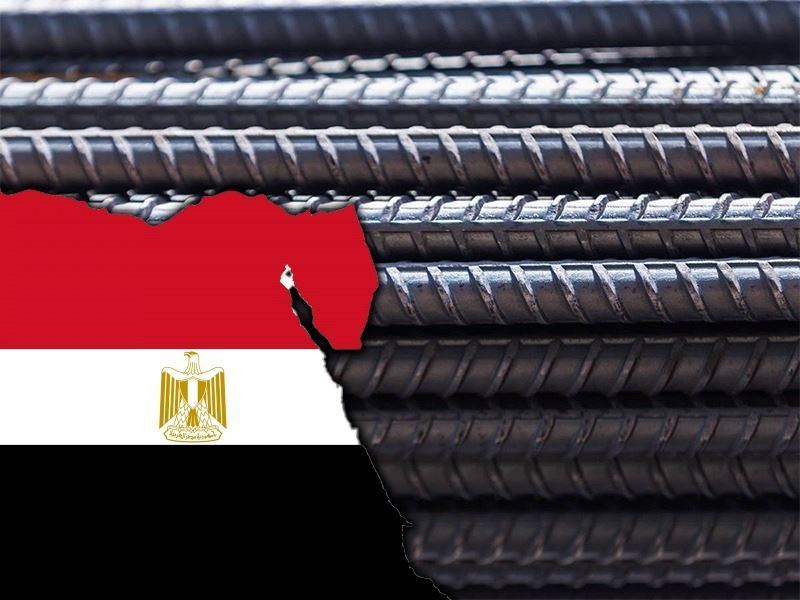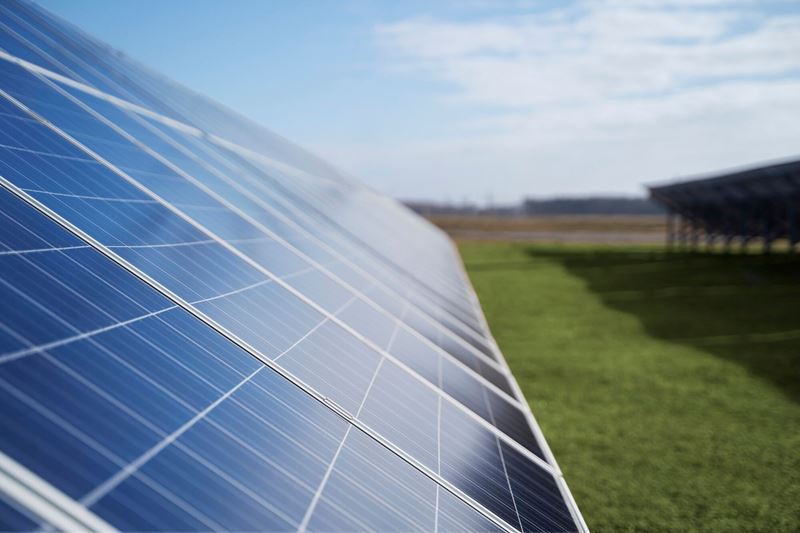Swedish hydrogen technology project Hybrit has realised a project that significantly reduces production costs. The project has reduced hydrogen production costs by up to 40 per cent using a steel-clad rock cave pilot storage facility.
Hybrit, a collaboration between steelmaker SSAB, iron ore miner LKAB and energy company Vattenfall, announced that the Hybrit project has reduced hydrogen production costs by 25% to 40% by commercially testing hydrogen storage in the electricity market for one month.
"The task was to produce hydrogen using fossil-free electricity with a variable electricity price at the lowest possible cost, e.g. during certain parts of the day or for longer periods of time with good weather-related electricity generation," said Hybrit.
"During the test period, the spot price of electricity in the price zone was relatively low, on average around EUR 20/MWh [$21/MWh]," said Mikael Nordlander, head of industrial decarbonisation at Vattenfall. "By using electrolysers and storage, the price set for hydrogen production was reduced by 25 per cent. Since the full cost of hydrogen also includes the capital cost, the figures for a small pilot plant will not be representative."
The steel-lined rock cavern pilot storage facility holds hydrogen gas pressurised to 250 bar and is located next to the Hybrid pilot plant in Lulea.
It will be able to power the steel plant for up to four days
"Large-scale hydrogen storage makes it possible to adapt electricity consumption to a system with variable availability and prices, and can also supply hydrogen to industry in a more stable and cost-effective way," Nordlander said in a statement. "When deployed on a large scale, hydrogen storage can have a mitigating effect on electricity price variations, which can support investments in new electricity generation from all forms of non-fossil energy."
At full scale, the plant could produce enough hydrogen to power a full-sized steel mill for up to four days, Hybrit said.
Stefan Savonen, LKAB's Senior Vice President for Energy and Climate, said his company will replace its entire iron ore production process with hydrogen using fossil-free iron sponge, requiring 1 million tonnes of gas per year and 70 TWh of renewable energy per year by 2050. He emphasised that cost reductions have become even more critical.
The storage facility became operational in 2022 and testing is expected to continue until 2024.











Comments
No comment yet.